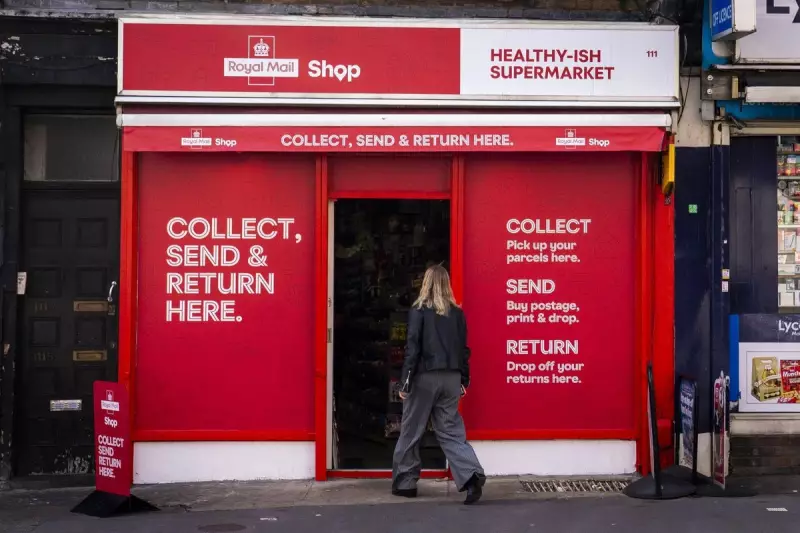
The future of Britain's centuries-old postal service hangs in the balance as the UK government contemplates an unprecedented move to take control of Royal Mail's parent company. This dramatic intervention comes in response to mounting concerns about foreign ownership and the potential impact on the nation's essential postal infrastructure.
The Takeover Threat
At the heart of the controversy is Czech billionaire Daniel Křetínský and his EP Group, who have launched a £3.5 billion bid for International Distributions Services (IDS), Royal Mail's parent company. The proposed acquisition has raised alarm bells in Westminster about the potential consequences for the UK's universal service obligation - the legal requirement to deliver mail to every address in the country six days a week.
Government Powers in Play
Business Secretary Jonathan Reynolds has confirmed that ministers are actively considering deploying special powers under the National Security and Investment Act. This legislation, introduced in 2022, provides the government with sweeping authority to scrutinise and potentially block deals that could threaten national security.
Key concerns driving the government's response include:
- Protection of the universal service obligation
- Safeguarding national infrastructure
- Maintaining service reliability across the UK
- Preventing job losses and service degradation
A Service Under Pressure
Royal Mail's journey through the modern era has been fraught with challenges. Since its privatisation in 2013, the service has struggled to adapt to changing market conditions while maintaining its historic commitments. The rise of digital communication has dramatically reduced letter volumes, while parcel delivery has become increasingly competitive.
The COVID-19 pandemic further exposed the service's vulnerabilities, with staffing shortages and operational challenges testing the resilience of the network. Meanwhile, ongoing industrial disputes have created additional pressure on the company's financial health.
What This Means for Consumers
For the average British household and business, the outcome of this takeover battle could have significant implications. The universal service obligation ensures that everyone, regardless of location, receives the same level of postal service. Rural communities and small businesses particularly rely on this commitment for their daily operations and connectivity.
Industry experts suggest that without government intervention, a foreign-owned Royal Mail might seek to reduce service levels or increase prices to improve profitability. The six-day-a-week delivery service, already under review, could face further scrutiny under new ownership.
The Road Ahead
As the government weighs its options, all eyes are on the Business Department's next move. The decision will not only determine the future ownership of one of Britain's most iconic institutions but will also set a precedent for how the UK handles foreign investment in critical national infrastructure.
The coming weeks are likely to see intense negotiations between government officials, EP Group representatives, and Royal Mail management. The outcome will shape the landscape of British postal services for generations to come.





